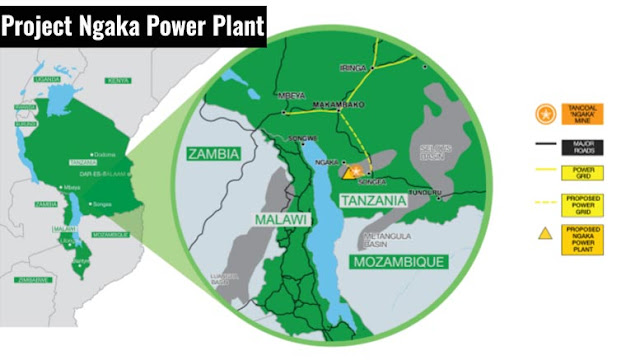EAC to Benefit from USD194m EAC-US Grant Agreement
The US will grant USD194m to the
East African Community (EAC) to improve regional integration in the EAC member
states, which include Tanzania, Burundi, Kenya, Rwanda, Uganda, and South
Sudan.
The grant agreement was signed by
representatives of the US Agency for International Development (USAID), on
behalf of the US Government, and the EAC, at the EAC headquarters in Arusha,
Tanzania on November 16th, 2016.
Under this agreement, the EAC and
the United States will work together to: Advance regional economic integration.
Increase trade and investment between member states and with the United States.
Improve the sustainable management of natural
resources in the Lake Victoria Basin and Mara River ecosystems.
Improve access to integrated health
services in border areas. Strengthen the EAC’s organizational leadership.
About USD30m of the total grant will fund
institutional strengthening within the EAC Secretariat, while the remainder
will support other development partners in their efforts to contribute to the
EAC regional integration agenda.
At the signing ceremony, Virginia Blaser,
Chargé d’Affaires of the US Embassy to Tanzania and US Representative to the
EAC, said that the US supports “governments and regional bodies such as the EAC
in their collaborative efforts to unlock this region’s full potential for the
benefit of its people.
” The agreement is also expected to
strengthen the partnership between the USAID and the EAC. Liberat Mfumukeko,
EAC Secretary General, said:
“The partnership continues to expand and be
strengthened through mutual development objectives and funding for programs
such as trade and investment, biodiversity, climate change, agriculture, food
security, water supply and sanitation, and institutional support.
” He also said that the grant deal
would deepen integration, improve cross-border risk management and strengthen
regional institutions leadership and learning.
He added that the grant would
support harmonization of policies and standards, and scale up technologies and
best practices in trade, investment, agriculture, energy, and environmental and
natural resource management.
East African Community The EAC is an
intergovernmental organization composed of 6 countries with total market size
of 158m people, land area of 2.42m sq km and a combined GDP of USD169.5b.
Tanzania is the largest country in the EAC and borders 4 of the EAC partner
states: Burundi, Kenya, Rwanda and Uganda.






























